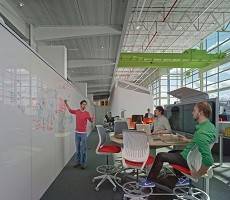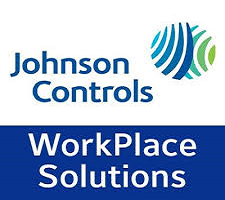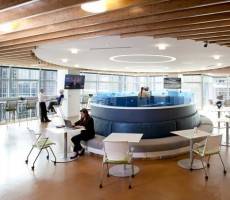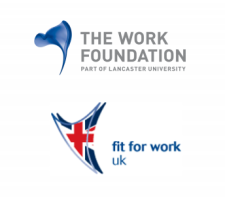October 31, 2014
UK Government announces new research programme into workplace wellbeing
 The UK Government’s interest in what makes us happy continues unabated with the news that it has officially launched its new What Works Centre for Wellbeing. The centre will commission researchers to study ‘the impact that different interventions and services have on wellbeing’. It will focus initially on work and learning, communities, cultural and sporting activities. It claims that the results of the research will help the government, councils, health and wellbeing boards, charities and businesses make decisions on what ‘really matters for the wellbeing of people, communities and the nation as a whole’. The centre is the latest addition to the What Works Network, which was launched by the government last year to improve public services through evidence-based policy. It builds on the work of the Office for National Statistics which has been tasked with measuring national wellbeing, and of the Commission on Wellbeing and Policy.
The UK Government’s interest in what makes us happy continues unabated with the news that it has officially launched its new What Works Centre for Wellbeing. The centre will commission researchers to study ‘the impact that different interventions and services have on wellbeing’. It will focus initially on work and learning, communities, cultural and sporting activities. It claims that the results of the research will help the government, councils, health and wellbeing boards, charities and businesses make decisions on what ‘really matters for the wellbeing of people, communities and the nation as a whole’. The centre is the latest addition to the What Works Network, which was launched by the government last year to improve public services through evidence-based policy. It builds on the work of the Office for National Statistics which has been tasked with measuring national wellbeing, and of the Commission on Wellbeing and Policy.
























October 21, 2014
Orgatec preview: the next generation workplace is all about settings
by Justin Miller • Comment, Events, Products, Workplace design
There is a well travelled international circuit for those interested in what office design tells us about the way we work that has, for a number of years, taken in London, Milan, Chicago, Stockholm and Cologne as its main stopping off points. This week sees the launch of Orgatec, the longstanding biennial workplace festival in Cologne. One of the interesting features of Orgatec is that, because it takes place every two years, it offers snapshots of key developments in the market. It throws a spotlight on whatever workplace professionals are talking about and whatever product designers are doing in response to the changing world of work. And it does it on a big scale. This year over 600 companies from 40 countries will be presenting across an exhibition area of 105,000 sq. m. This seems big, and is, but is down markedly on the size of the show from 20 years ago when Orgatec was the launch pad for seminal products such as Herman Miller’s Aeron Chair and the Ad Hoc furniture system from Vitra.
(more…)